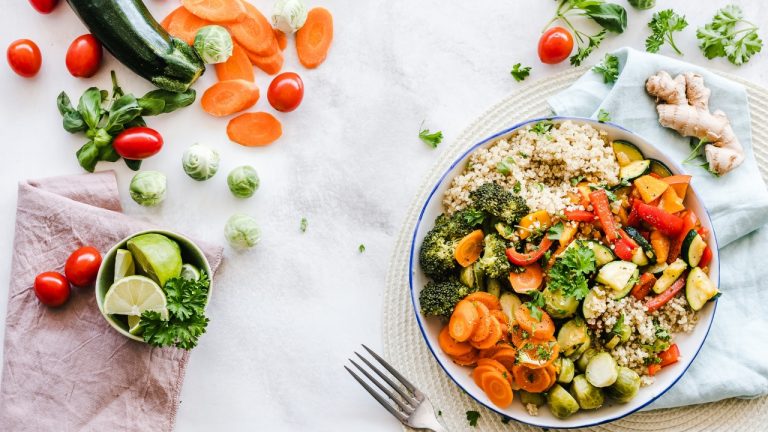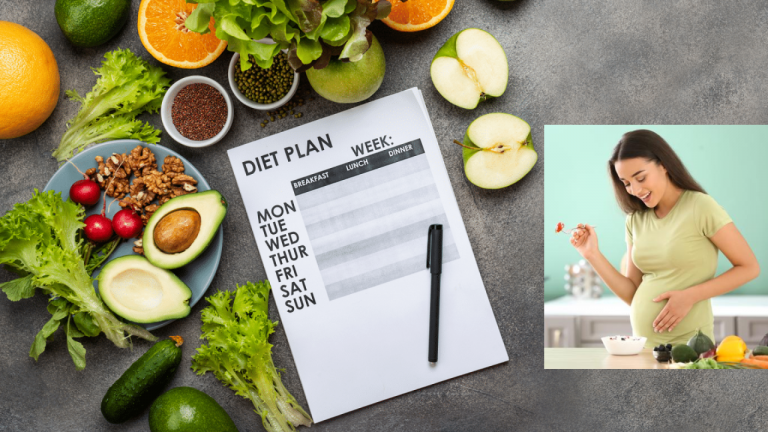Nutrition Guildlines for Mothers During Pregnancy

Here are some useful nutrition guidelines that expecting mothers needs to see !
Iron 27mg/day
- Necessary to transfer oxygen for organs and tissues. The amount you need doubles to help your body make more blood to supply oxygen to your fetus.
- Be sure to pair plant-based sources with vitamin C to enhance its absorption.
- Food sources of Iron: Lean beef, poultry, seafood, legumes, nuts, dry fruit [e.g, prunes], fortified foods, fruits [e.g, watermelon, custard apple].
Choline 450mg/day
- Assists in the development of the baby’s nervous system, brain, and neural tube.
- Food sources of Choline: Eggs, soybeans, beef, salmon, cod, broccoli, brussels sprouts.
Iodine 220mcg/day
- A major component of thyroid hormones. Necessary to help your baby’s brain and nervous system to develop.
- Necessary for the production of fetal thyroid hormones (fetal thyroid begins to function around the 12th week of gestation).
- Deficiency – increased risk of spontaneous abortion, birth defects, neurological disorders. considered by WHO as the most important preventable cause of brain damage.
- Food sources of Iodine: Fish, shellfish, dairy, eggs, meat, iodized salt.
Calcium 1000 mg and Vitamin D 600 IU /day
- Necessary for the healthy development of a baby’s teeth, bones, heart, nerves, and muscles.
- If mom doesn’t get enough calcium during pregnancy, it is taken from her bones and goes to the baby —> osteoporosis.
- Helps maintain healthy blood pressure.
- Vitamin D helps the body absorb calcium and plays a role in the proper functioning of your nerves, muscles, immune system.
- Food sources of Calcium: Dairy, green leafy veggies, tofu, soybeans, broccoli, salmon, sardines, beans, nuts, fortified foods.
- Food sources of Vitamin-D: Salmon, mushrooms, tuna, halibut, eggs, fortified foods.
DHA 200mg/day
- Essential for the growth and development of your baby’s brain and eyes.
- May reduce the risk of premature delivery and protect against postpartum depression.
- Food sources of DHA: Seafood low in mercury [herring, salmon, trout, anchovies, sardines, halibut], fortified foods.
Folate/Folic acid 400mcg/day
- Folate naturally found in foods, folic acid in synthetic form.
- Reduces the risk of neural tube and heart defects; supports the proper development of the placenta.
- Food sources of Folate: Legumes, green leafy veggies, asparagus, brussels sprouts, broccoli, avocado, citrus fruits, fortified.
Even with a healthy diet, you can miss out on these key nutrients. Taking a daily prenatal vitamin at least 3 months before conception can help you fill any gaps if any with fortified foods (like cereal, bread, milk) be sure to check the label!
June 16, 2020
2
Write a Reply or Comment
You must be logged in to post a comment.




What a great information
Excellent info